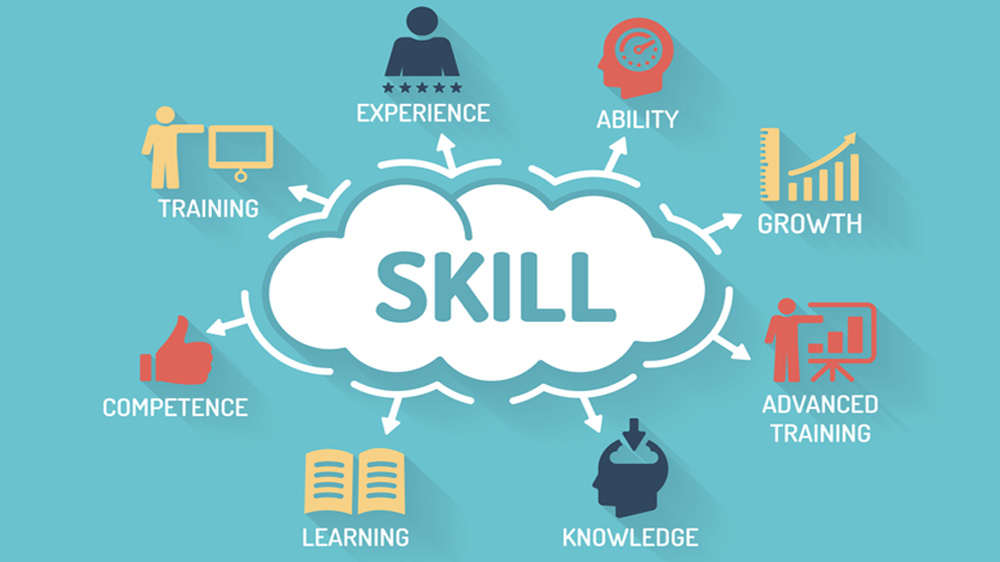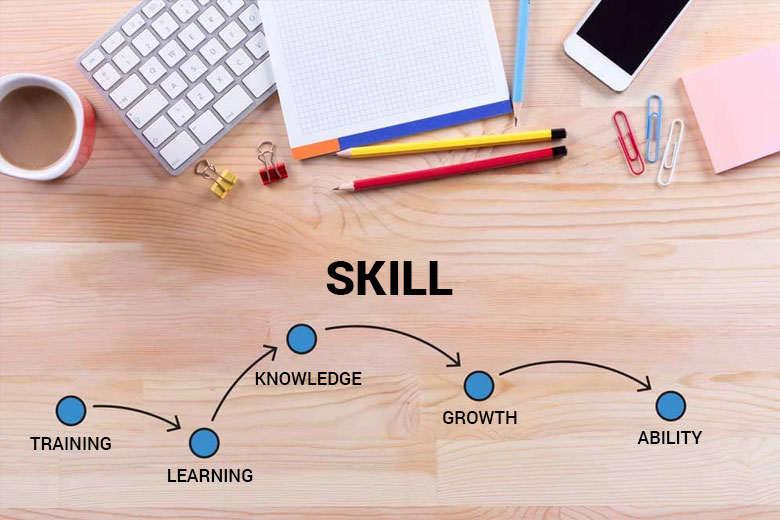What the Budget can do to speed up the skilling, upskilling, and reskilling?

As the new budget is on its way, it’s time to allocate a significant budget to every aspect of the economy. In this ever-changing digital environment, everyone should be willing to work in the digital world. The experiences of digital upskilling programs teach people how to think about, prosper in, and work in the digital environment. The current environment necessitates data literacy and an in-depth understanding of present technology breakthroughs, which are the primary innovators in the sector.
The pandemic, rising geopolitical tensions, and their consequences on growth over the past three years have presented challenges to the world economy. However, with a strong focus on digitalization, innovation, skill development, and sustainability, India has emerged as a paradigm of resilience, clearing the path for India to take the lead in the global economic recovery.
Why upskilling is necessary?
Workforce Upskilling is the process of providing your employees with the resources, tools, and time they require to help grow and develop their personalities to achieve goals more effectively. Upskilling your workers may provide value and proficiency, allowing them to earn more financial advantages via your firm. Employee upskilling leads to increased productivity, higher retention rates, and better employee performance. It will be a more beneficial purchase for your firm, and you will quickly see a difference in how your entire team members function. Finally, upskilling is a digital transformation that secures a successful future for both you and your staff.

The Digital India mission should be advanced in the budget for India to go forward. While ensuring budgetary responsibility is expected to be given top priority in the budget, initiatives that can assist people to harness the power of “digital” in areas like education, finance, skill development, infrastructure, health, etc. must also be launched.
India is one of the youngest populations in the world, but just 4.69% of its workforce is professionally skilled, relative to 24% in China and 52% in the US. GoI must enact tax benefits to speed up skill upskilling and cut higher education costs. A decrease in taxes on educational services and products would be most welcome to ensure a cost-effective framework for business owners while promoting the cause of good education for all. Edtech has proven its strength and resolve as a valid learning solution by facilitating unhindered learning during the pandemic.
To facilitate the growth of cities in tier-2 and tier-3 as potential technological and technological talent hubs in India, it is hoped that the budget will give priority to the advances in digital assets and internet connectivity in these cities. The commercial rollout of 5G and the Open Network for Digital Commerce (ONDC) have already started moving in this direction. These developments have made India a world leader in the area.
In addition to permitting edtech companies to offer digital and hybrid education and skilling programs in partnership with international universities, budgetary expenditures for developing talent and digital talent in schools and universities must be expanded. Everyone expects a comparable contribution this year, notwithstanding the finance minister’s record-breaking allocation of 1 trillion yen for education spending last year. One Nation, One Classroom, and PM e-Vidya are two examples of effective programs that will be able to grow and be sustained with a steady flow of funding.

Consumers would welcome generous tax incentives that allow them to lower their tax obligations by investing in services for education and skill upgradation. Such initiatives would advance the goals of the country’s education strategy because a country is only as good as its residents. The plan would be lacking if it did not place an equivalent or higher focus on human capital as it does on structural efforts.
The National Education Policy (NEP) 2020’s goal for the National Digital University is creative and can help our youth develop new skills as well as upgrade and reskill their existing ones. Roughly 3 lakh students were studying overseas in 2022, according to data from the external affairs ministry, and the RBI estimates that students studying abroad cost the economy $5 billion in lost foreign exchange in the fiscal years 2021–2022. The UGC’s plan to build international college campuses in India will be accommodated by provisions made by the.
The last call.
When compared to previous years, the importance of workforce upskilling has grown. As a result, new talents are very necessary and in great demand, as they are introduced in practically every firm every year. Workforce upskilling assists businesses in ensuring that their staff has the necessary skills to adapt to a changing environment. This is where worker upskilling occurs.

However, the budget cannot be finished without cooperation between decision-makers and various stakeholders. One anticipates that the Government of India will take steps to encourage closer cooperation between edtech companies, educational institutions, and technology companies to scale up learning services and enable an Indian wherein learning and skill development are constant.
edited and proofread by nikita sharma




